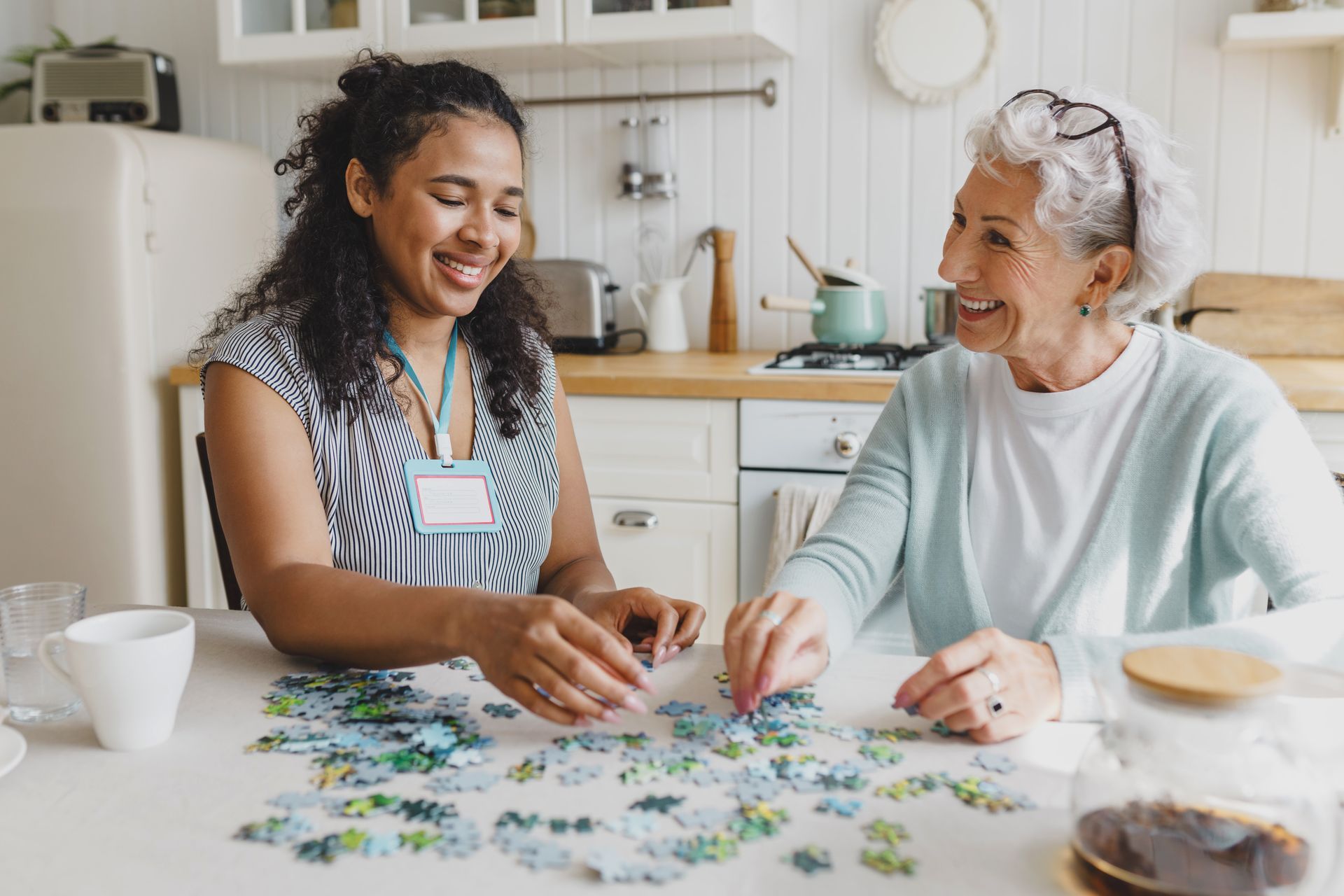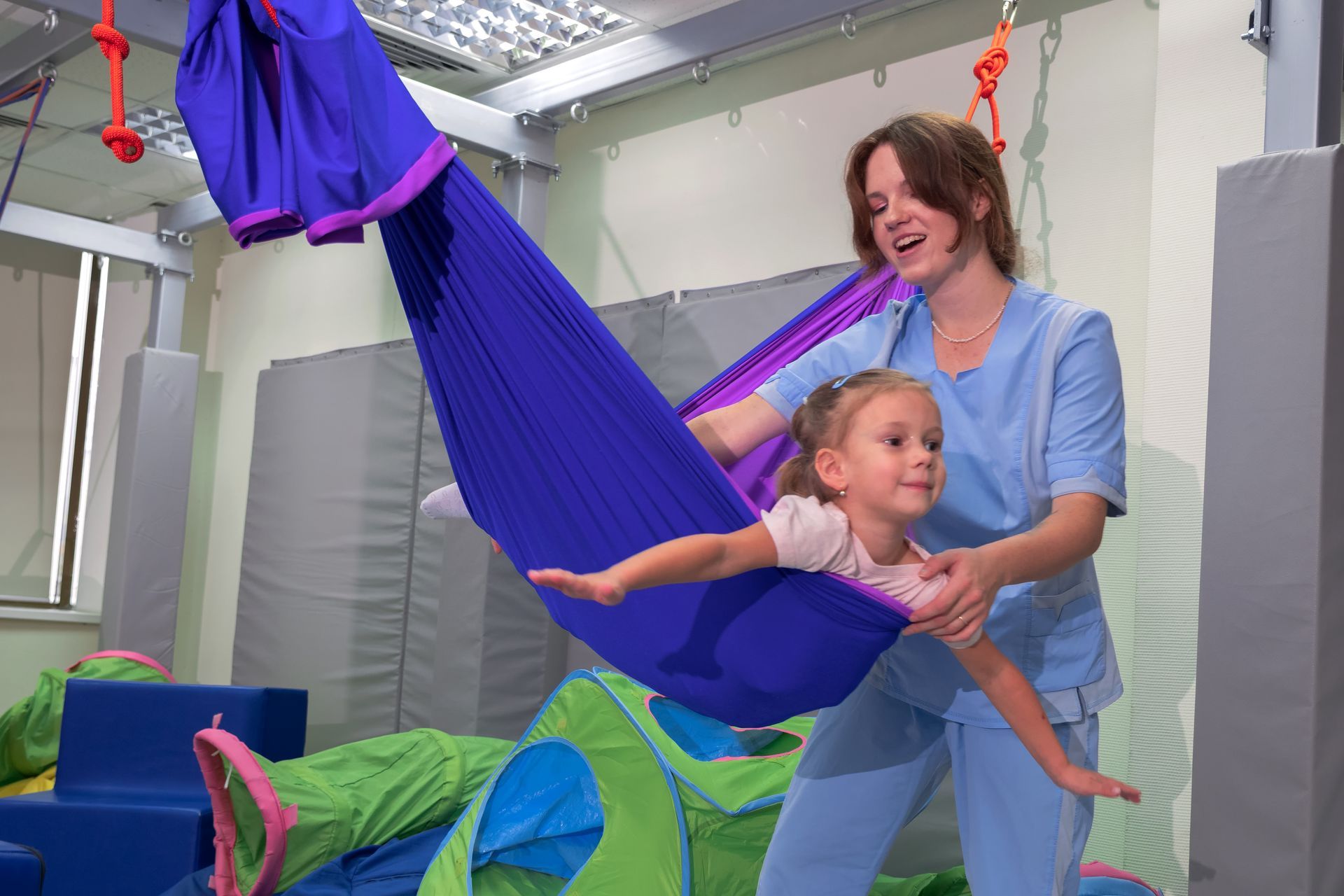Tharon’s “Info Dump” – The Power of Martial Arts

Hello everyone,
Tharon here, your neurodivergent consultant.
Today, I’d like to discuss the benefits of martial arts, particularly for neurodivergent individuals. While martial arts can be advantageous for everyone, it offers unique benefits for those of us who are neurodivergent.
Firstly, let’s consider the health benefits. Martial arts is an excellent form of exercise. Beyond physical fitness, it helps improve clumsiness and balance, which is crucial for many of us. For instance, activities like touching your nose with your eyes closed involve proprioception and kinesthesia (something that autistic people may find difficult), and martial arts can significantly enhance these skills.
A fundamental aspect of martial arts is learning balance. Proper standing techniques ensure good balance and that you remain stable. Additionally, martial arts heightens your awareness of your surroundings, enhancing situational awareness enabling you to respond to potential threats faster and more efficiently. This skill is invaluable in everyday life, not just in the dojo.
Now, let’s delve into internal self-regulation. Martial arts is particularly beneficial in this regard. It instills discipline and heightens body awareness. You become more attuned to interoception, which is understanding your body’s internal signals. Basic patterns or katas in Taekwondo or Karate help you focus on your breathing and movements. Performing these slowly helps you centre yourself, calm down, and manage your emotions. This mindful movement, or moving meditation, is an effective way to handle anxiety and can be practised anywhere when feeling overwhelmed.
For me, it’s about recognising when my mind is racing. Breathing and movement act as catalysts to slow it down. By slowing your breathing, you slow your heartbeat, and this helps you manage your anxiety. This aids in daily activities and provides a sense of control over your environment.
Martial arts encompasses various disciplines, including Karate, Taekwondo, and Kung Fu. Eastern martial arts are particularly effective for teaching regulation skills. Parents should participate with their children, attending classes together and practising at home. This not only strengthens the parent-child bond but also helps instill morality and boundaries.
Martial arts can reduce the propensity for violence by teaching self-control and self-awareness. Sometimes, the only self-control we have is pausing long enough to move to a safer environment. While it doesn’t guarantee stopping a meltdown, it certainly helps.
There is always a risk of martial arts being misused, however this is not unique to autistic children. Martial arts tends to reinforce an autistic person’s natural inclination for justice, honesty and fairness through strong boundaries. Teaching children the proper use of martial arts techniques is an important part of the sport, and this is something that the instructor and parents will do. Martial arts teaches self-defence against bullies. As a child,
I was bullied at school, leading to meltdowns and aggressive outbursts. Learning martial arts gave me the confidence to know I was in control. I could defend myself or choose to walk away, which I did. Resorting to violence means you’ve already lost, but being able to protect yourself and others, including those who can’t protect themselves, is crucial.
Parents, it’s important to disclose your child’s diagnosis to the instructor. This helps them better prepare and support your child during class. Accommodations might include breaks in a separate area or having parents involved in the lesson.
Dance, especially ballet, and gymnastics can also help achieve similar goals to martial arts. Combining these activities with martial arts is highly compatible and supports all the benefits mentioned. Some centres allow children as young as three to attend, so it’s never too early to start.
In summary, martial arts offers a wide range of benefits for physical and mental health, and self-regulation. It provides us with skills we might not naturally possess and helps us navigate the world more effectively. Give it a try – it might just be the best decision you make!
Best regards,
Tharon

About Tharon:
Tharon is our Neurodivergent Consultant at Helpz. With his wealth of knowledge and personal experience, Tharon brings invaluable insights to the work we do. You can catch Tharon in our monthly newsletter, or learn more about neurodivergence in his upcoming training on autism.







